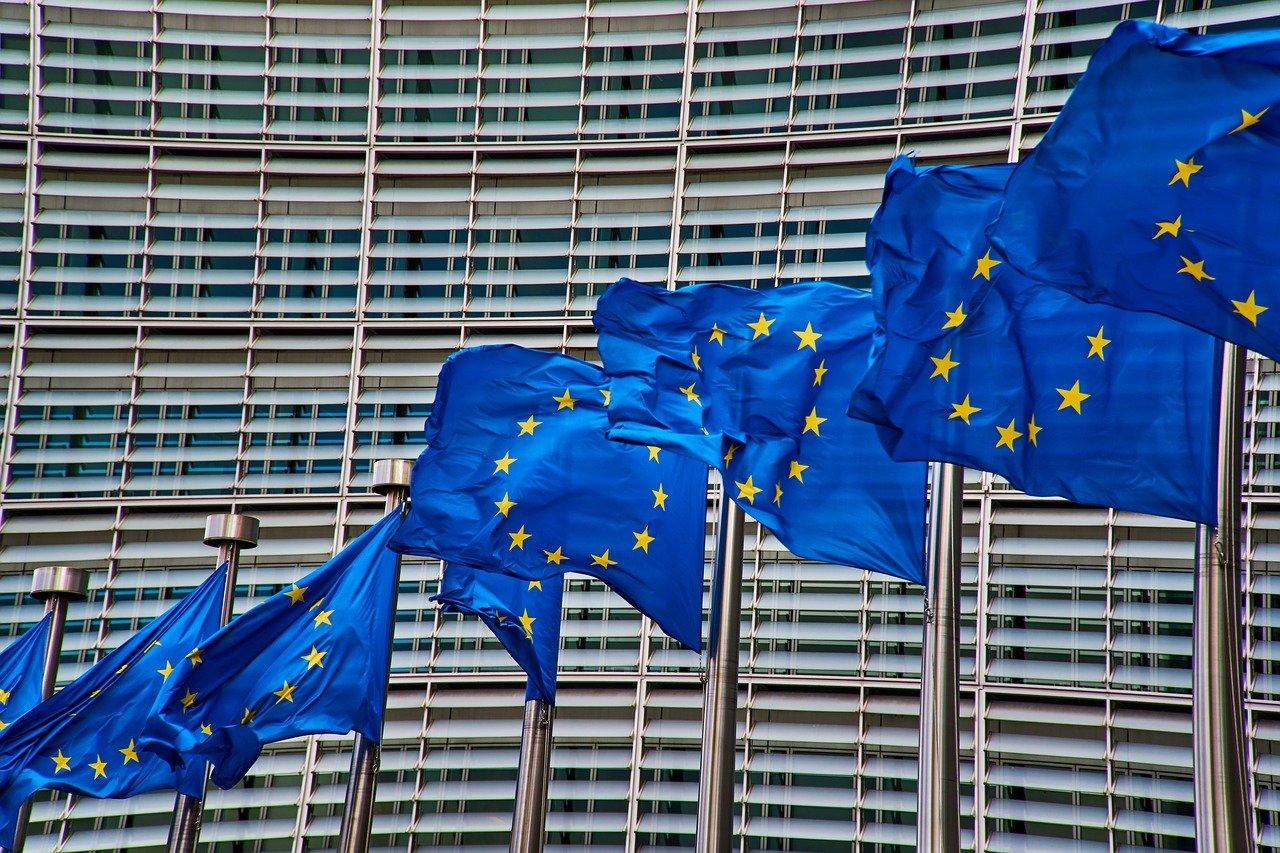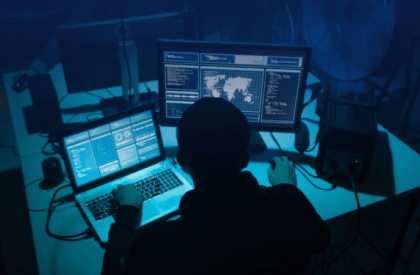blog
worldipreview.com
NPEs: hiding ownership and gaming the system

The lack of transparency around NPEs marks a serious problem for the European patent system, argues Patrick Oliver of IP2Innovate.
Share
Other blogs

Patrick Oliver
SMEs – the unseen victims of patent trolling
As the European Commission turns its attention to helping improve the regulatory environment for SMEs here is a true story about how patent trolls broke the back of a successful small European business.

IP2Innovate
Professor Ohly’s two passions: patent law and clarinet
Professor Ansgar Ohly is one of Germany’s most respected law professors and an authority on intellectual property law across Europe. He is the Chair for Civil Law, Intellectual Property and Competition Law at the University of Munich. He is also a visiting professor at Oxford University.

IP2Innovate
Prof. Rafal Sikorski: Towards a More Orderly Application of Proportionality to Patent Injunctions in the European Union
In the paper by Professor Sikorski, titled: Towards a more orderly application of proportionality to patent injunctions in the EU, he proposes changes needed to safeguard Europe’s patent system from abuse by opportunistic PAEs.
